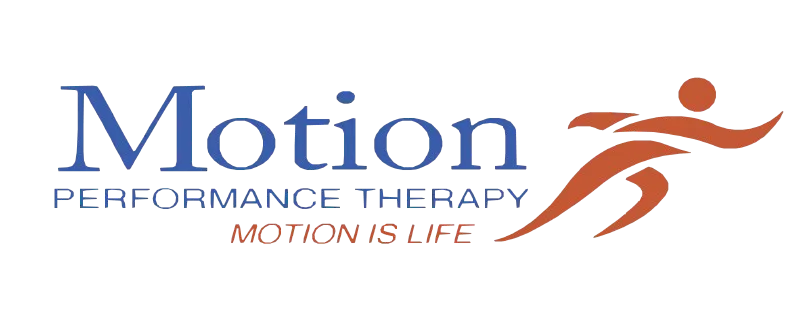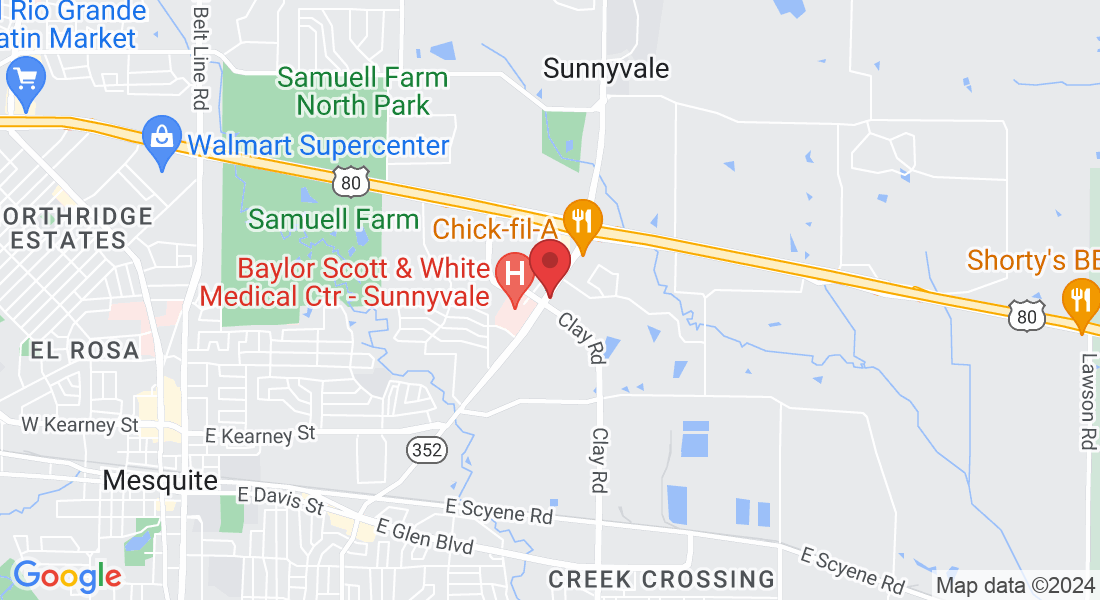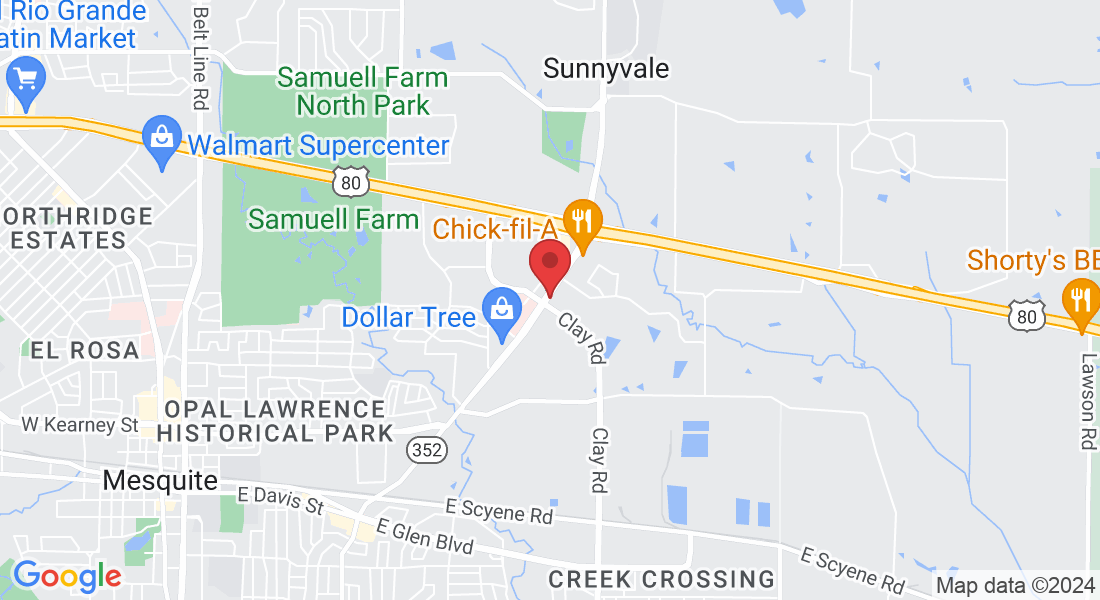214-256-3778
(214) 256-3770


Shoulder Injury Specialist
Millions of Americans seek treatment for shoulder injuries each year. Jeff Zhao, DO, at the Dallas Orthopedic & Shoulder Institute, located in Sunnyvale, Texas, provide expert care to patients from throughout the greater east Dallas area with shoulder injuries, helping them to find pain relief and return to normal activities.


Shoulder Injury Specialist
Millions of Americans seek treatment for shoulder injuries each year. Jeff Zhao, DO, at the Dallas Orthopedic & Shoulder Institute, located in Sunnyvale, Texas, provide expert care to patients from throughout the greater east Dallas area with shoulder injuries, helping them to find pain relief and return to normal activities.
Shoulder Injury Q & A
What Are Symptoms of Shoulder Injuries?
Pain and reduced mobility are two of the most common indicators of a shoulder injury. For example, if you don’t have strength to carry out normal activities or if you are not able to successfully move your arm through its entire normal range of motion. Some patients may feel like their shoulder could pop or slide out of the socket. Patients may also experience swelling, inflammation, or deformity.
What Are Common Shoulder Injuries?
Shoulder injuries occur following accidents such as falling, collisions, sports, and from general wear and tear due to age or over-use.
In many cases, shoulder injuries involve the soft tissue of the shoulder including the muscles, ligaments, and tendons. Unless the patient suffers an acute injury, most shoulder injuries develop slowly over time and patients may underestimate the extent of the injury due to the steady increase of pain, weakness, or joint motion limitations.
Most injuries are classified as either instability or impingement. Instability occurs when the joint moves or is forced out of its normal position and can lead to dislocation. Impingement is due to excessive rubbing of the shoulder muscles against the top part of the shoulder blade.
Another common shoulder injury is damage to the rotator cuff, which is the collection of bones, muscles, and tendons of the shoulder joint.
What Is a Dislocated Shoulder?
The shoulder is the most mobile joint in the human body which makes it susceptible to damage and injury including dislocation.
A dislocation occurs when the head of the humerus (upper arm bone) slips out of the shoulder socket. A dislocation can be partial or complete and in both cases it causes significant pain and unsteadiness in the shoulder.
Common symptoms of dislocated shoulders include swelling, numbness, weakness, and bruising.
In some cases, dislocation can cause tears in the ligaments or tendons or cause nerve damage. Dislocation can occur in multiple directions (forward, backward, or downward). The most common direction is a forward dislocation which can be caused by the motion of throwing or pitching a ball.
How Are Shoulder Injuries Treated?
Shoulder injury treatment depends on the type and extent of the injury. When the injury is caught early enough, it can often be treated with rest, ice, exercise, and anti-inflammatory medication.
Dr. Zhao will suggest a series of exercises to strengthen the shoulder muscles which not only helps to increase circulation to the injured area, flooding the tissues with the nutrients and oxygen essential to healing, but also to prevent further injury.
Some exercises that he might suggest include wall push-ups, using your arms to push yourself to standing from sitting, or using elastic banding for resistance while moving your arm through different motions. If conservative treatments do not address the pain or the injury does not heal, surgery may be necessary.
Each patient has a unique experience and Dr. Zhao works closely with his patients to ensure that the treatment is working for them and making adjustments as necessary.
Shoulder Injury Q & A
What Are Symptoms of Shoulder Injuries?
Pain and reduced mobility are two of the most common indicators of a shoulder injury. For example, if you don’t have strength to carry out normal activities or if you are not able to successfully move your arm through its entire normal range of motion. Some patients may feel like their shoulder could pop or slide out of the socket. Patients may also experience swelling, inflammation, or deformity.
What Are Common Shoulder Injuries?
Shoulder injuries occur following accidents such as falling, collisions, sports, and from general wear and tear due to age or over-use.
In many cases, shoulder injuries involve the soft tissue of the shoulder including the muscles, ligaments, and tendons. Unless the patient suffers an acute injury, most shoulder injuries develop slowly over time and patients may underestimate the extent of the injury due to the steady increase of pain, weakness, or joint motion limitations.
Most injuries are classified as either instability or impingement. Instability occurs when the joint moves or is forced out of its normal position and can lead to dislocation. Impingement is due to excessive rubbing of the shoulder muscles against the top part of the shoulder blade.
Another common shoulder injury is damage to the rotator cuff, which is the collection of bones, muscles, and tendons of the shoulder joint.
What Is a Dislocated Shoulder?
The shoulder is the most mobile joint in the human body which makes it susceptible to damage and injury including dislocation.
A dislocation occurs when the head of the humerus (upper arm bone) slips out of the shoulder socket. A dislocation can be partial or complete and in both cases it causes significant pain and unsteadiness in the shoulder.
Common symptoms of dislocated shoulders include swelling, numbness, weakness, and bruising.
In some cases, dislocation can cause tears in the ligaments or tendons or cause nerve damage. Dislocation can occur in multiple directions (forward, backward, or downward). The most common direction is a forward dislocation which can be caused by the motion of throwing or pitching a ball.
How Are Shoulder Injuries Treated?
Shoulder injury treatment depends on the type and extent of the injury. When the injury is caught early enough, it can often be treated with rest, ice, exercise, and anti-inflammatory medication.
Dr. Zhao will suggest a series of exercises to strengthen the shoulder muscles which not only helps to increase circulation to the injured area, flooding the tissues with the nutrients and oxygen essential to healing, but also to prevent further injury.
Some exercises that he might suggest include wall push-ups, using your arms to push yourself to standing from sitting, or using elastic banding for resistance while moving your arm through different motions. If conservative treatments do not address the pain or the injury does not heal, surgery may be necessary.
Each patient has a unique experience and Dr. Zhao works closely with his patients to ensure that the treatment is working for them and making adjustments as necessary.
Our Patient Reviews
Our Locations
Dallas Orthopedic and Shoulder Institute - Sunnyvale
Office Hours
Monday through Friday - 8:00am – 5:00pm
Saturday & Sunday – CLOSED
Motion Performance Therapy - Sunnyvale
Clinic Hours
Monday through Thursday - 7:00 am - 5:30 pm
Friday, Saturday & Sunday - CLOSED
Phone Number:
214-256-3778
Address
222 South Collins Road, Suite 101
Sunnyvale, TX 75182
Dallas Orthopedic and Shoulder Institute - Kaufman
Office Hours
Monday through Thursday - 8:00am – 5:00pm
Friday, Saturday & Sunday - CLOSED
Motion Performance Therapy - Kaufman
Clinic Hours
Monday through Thursday - 7:00 am - 5:30 pm
Friday, Saturday & Sunday - CLOSED
Phone Number:
214-256-3778
Address
874 Ed Hall Dr Suite 104, Kaufman, TX 75142 (Professional building next to Texas Health Presbyterian Hospital in Kaufman)
Our Patient Reviews
Our Locations
Dallas Orthopedic and Shoulder Institute - Sunnyvale
Office Hours
Monday through Friday - 8:00am – 5:00pm
Saturday & Sunday – CLOSED
Dallas Orthopedic and Shoulder Institute - Sunnyvale
Clinic Hours
Monday through Thursday - 7:00 am - 5:30pm
Friday, Saturday & Sunday - CLOSED
Phone Number:
214-256-3778
Address
222 South Collins Road, Suite 101
Sunnyvale, TX 75182
Dallas Orthopedic and Shoulder Institute - Kaufman
Office Hours
Monday through Thursday - 8:00am –5:00pm
Friday, Saturday & Sunday - CLOSED
Motion Performance Therapy - Kaufman
Clinic Hours
Monday through Thursday - 8:00am –5:00pm
Friday, Saturday & Sunday - CLOSED
Phone Number:
214-256-3778
Address
874 Ed Hall Dr Suite 104, Kaufman, TX 75142 (Professional building next to Texas Health Presbyterian Hospital in Kaufman)


Copyright 2026Dallas Orthopedic and Shoulder Institute. All rights reserved





